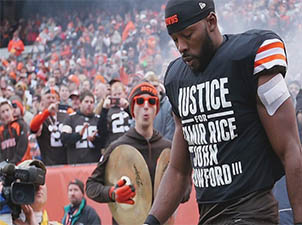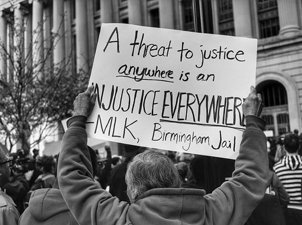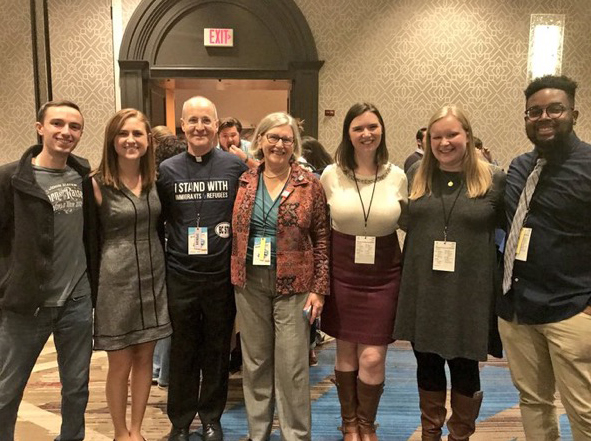
Distracted
Jeremiah Pennebaker
October 23, 2017
“The function, the very serious function of racism is distraction. It keeps you from doing your work. It keeps you explaining, over and over again, your reason for being. Somebody says you have no language and you spend twenty years proving that you do. Somebody says your head isn’t shaped properly so you have scientists working on the fact that it is. Somebody says you have no art, so you dredge that up. Somebody says you have no kingdoms, so you dredge that up. None of this is necessary. There will always be one more thing.” -Toni Morrison
I used to love watching football every Sunday with my parents. I remember the scene well: my mom, an avid New England Patriots fan, and my father, laying claim to both the Cowboys and the Steelers– the teams who thrived during his childhood– both screaming at the TV, the living room filled with the aroma of fried food, and the surround sound pumping the voice of Al Michaels throughout the house.
Football is a sentimental pastime for me, as I’m sure that it is for many people across the country. But like many others, football has become difficult for me to watch. Since the kneeling protests by Colin Kaepernick and a multitude of other players across the NFL have started, I have been distracted from the game that I love by something larger. I can no longer watch football without being reminded of how much my life does not matter. I can’t watch football without being reminded that as a Black man in America, I only exist as a problem that needs to be solved, an animal to be muzzled and caged, a commodity to be bought, sold, and discarded.
I can no longer plug in, turn on, and tune out of the daily distraction that is racism when I watch football. I can’t watch football without thinking that people care more about a song and a piece of cloth than they do about a 12-year-old boy being gunned down for playing in the park. It has tainted the game I love. Some in the United States would rather have me pledge allegiance to the flag than the country be a nation with liberty and justice for all. It is hard for me to stomach this and simply “stick to sports.”
Football was a distraction for me, and I’m sure for many others, from the daily struggles of life. Now, it brings my lack of humanity in our society to the forefront every Sunday when I hear about people heckling those who kneel in protest or see the overt and covert racist tweets about “ungrateful athletes.” I imagine that those people are frustrated because they are also distracted from their favorite pastime. This was something that they could retreat to when they did not want to be bothered by the distraction that is the Black man begging for change outside of the subway. The distraction that is the Black girl with the funny name and big hair who “only got the job because of affirmative action”. The distraction that is the Black kid at school who keeps complaining about the confederate flags flying in the parking lot. These distractions have infiltrated the sacred space of American football. It is no longer the noncontroversial space of hard work and meritocracy that Americans viewers are used to. They’re distracted because their once colorblind consciousness has been forced to recognize that these athletes are people too. Black people. Black athletes are Black lives and their lives should matter just as much as I want mine to.













